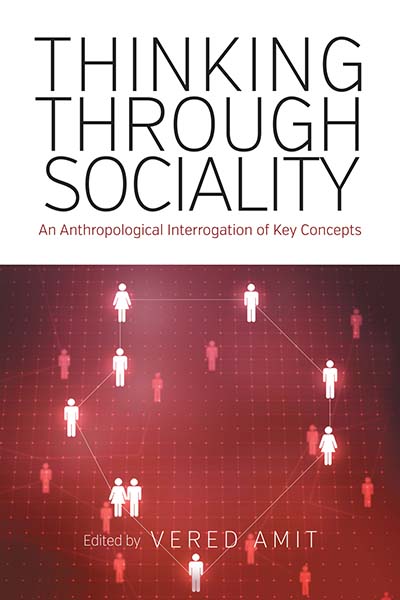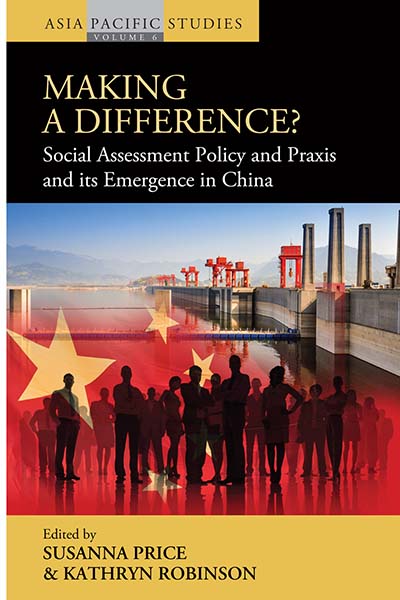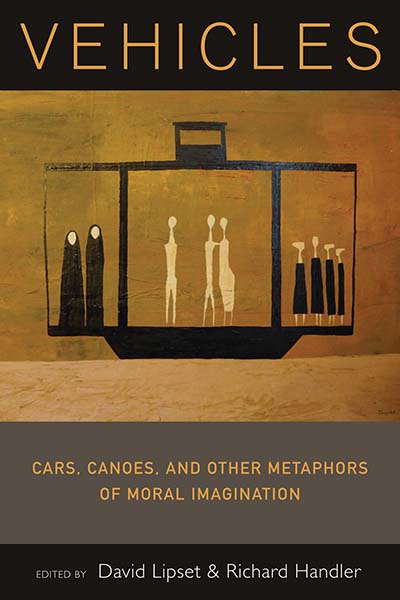 Recently published Vehicles: Cars, Canoes and other Metaphors of Moral Imagination, edited by David Lipset and Richard Handler, offers insight into the vehicle as an object that can move not only people, but also ideas. Following, Handler discusses the origination of the volume, which all came about by way of an interesting connection of coincidence.
Recently published Vehicles: Cars, Canoes and other Metaphors of Moral Imagination, edited by David Lipset and Richard Handler, offers insight into the vehicle as an object that can move not only people, but also ideas. Following, Handler discusses the origination of the volume, which all came about by way of an interesting connection of coincidence.
______________________________
This volume came about serendipitously.
My friend David Lipset emailed me in the summer of 2008 with the standard “what are you working on” question. I replied that I was working on a series of essays about the great American sociologist, Erving Goffman. David wrote back to tell me the rather astounding story about his first car, a late-1950s VW Beetle that his father had bought from Goffman, in Berkeley, California, where both of them taught.
The fact that Goffman was an “early adopter” (in the U.S.) of the Beetle explained, I thought, some cryptic comments in Behavior in Public Places, where Goffman described the interactional contempt that drivers of small cars endured.
Continue reading “Writing for Goffman: Coincidence Drives Idea behind ‘Vehicles’” →
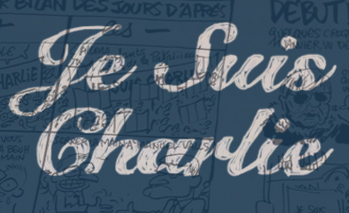 This post was written by European Comic Art journal editor Mark McKinney and originally published on our blog in January 2015 immediately following the tragic attacks against the Charlie Hebdo offices in Paris.
This post was written by European Comic Art journal editor Mark McKinney and originally published on our blog in January 2015 immediately following the tragic attacks against the Charlie Hebdo offices in Paris. 
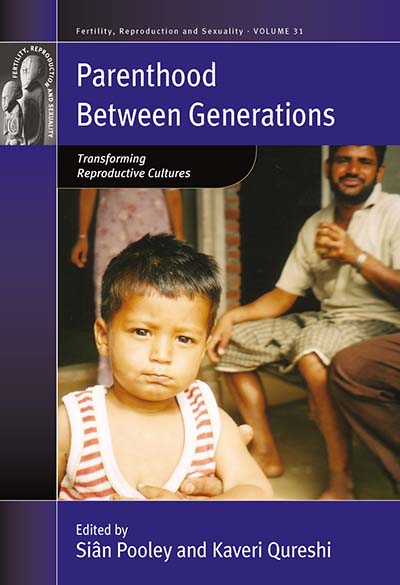

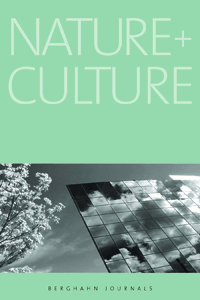
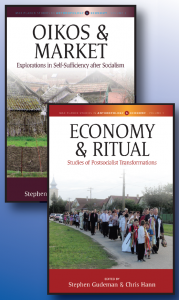
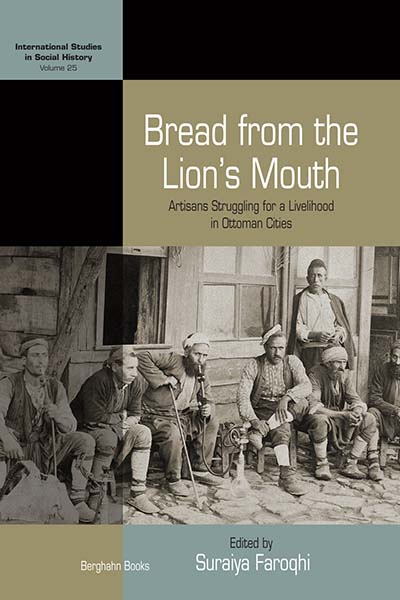
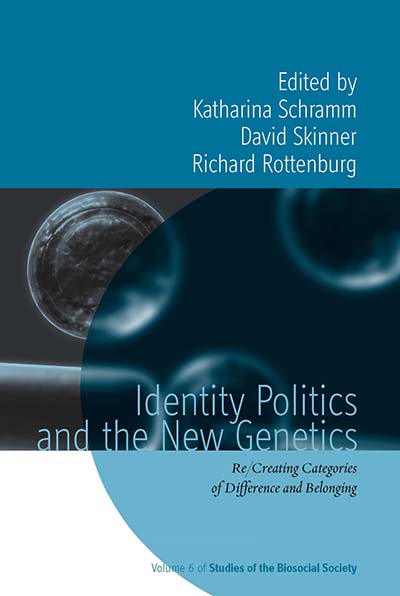 Drawing on the work of medical researchers, anthropologists, historians of science, and sociologists,
Drawing on the work of medical researchers, anthropologists, historians of science, and sociologists,